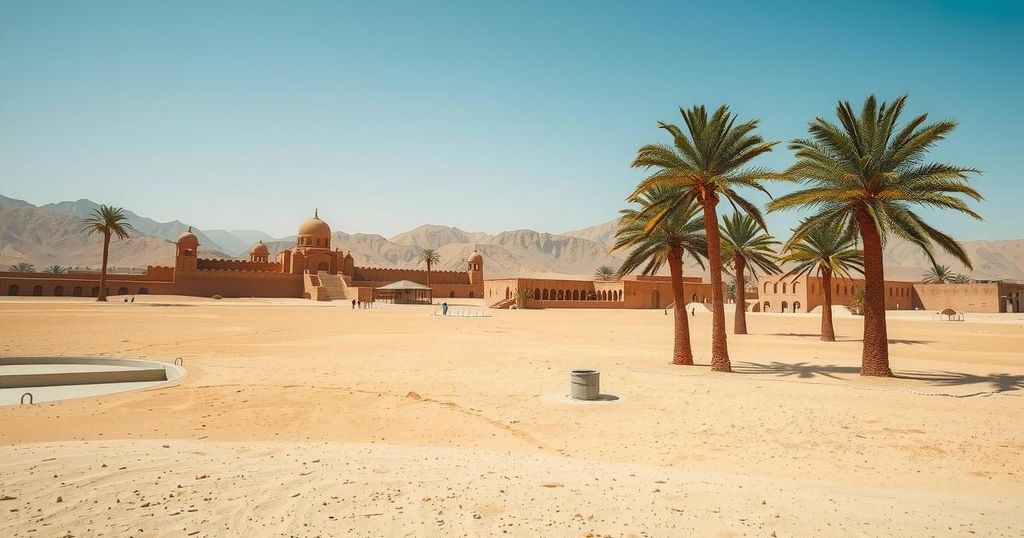Libya Faces Political Turmoil Amidst Hopes for Stability
Libya continues to grapple with deep political instability as competing factions contend for control. The lack of an effective government hampers humanitarian and economic recovery efforts. International observers are urging for a cooperative approach to facilitate peace negotiations, but skepticism persists due to past failures.
In a recent report from Libya, the political climate remains tumultuous as various factions vie for power amidst ongoing conflicts. The breakdown in governance has resulted in widespread instability, which is a cause for concern internationally. Analysts suggest that without a cohesive government, efforts to rebuild the economy and address humanitarian needs are severely hampered.
Moreover, recent events signal a need for enhanced international cooperation to address the crisis. Local leaders have expressed frustration over the lack of effective intervention from foreign nations, which has left them grappling with an unsustainable situation. Humanitarian organizations continue to report dire conditions and urgent needs among the Libyan population.
Despite these challenges, opportunities for dialogue exist. Several diplomatic efforts are underway, with the aim of fostering discussions that could lead to a peaceful resolution. However, skepticism remains prevalent, as past peace negotiations have often ended in failure, leaving citizens in a state of limbo.
The international community keeps a close watch on Libya, recognizing that a stable government is crucial for regional security. Continued instability in Libya poses risks to surrounding countries, potentially leading to further conflicts. Thus, nurturing any signed agreements will require serious commitment from all parties involved.
In conclusion, Libya’s ongoing political turmoil showcases the complexity of stabilizing a nation in crisis. The interplay of internal strife and external influences creates a challenging environment. Moving forward, a unified international approach may be essential in steering Libya toward a more hopeful future where peace and prosperity can be restored.
The political situation in Libya remains precarious, with factions fighting for power and the absence of a unified government. Humanitarian needs are urgent, and international cooperation appears necessary to address the crises. Potential diplomatic efforts provide a glimmer of hope, yet history warns of failed negotiations. The coming months will be critical for Libya’s future, as both national stability and regional security hang in the balance.
Original Source: www.messenger-inquirer.com




Post Comment